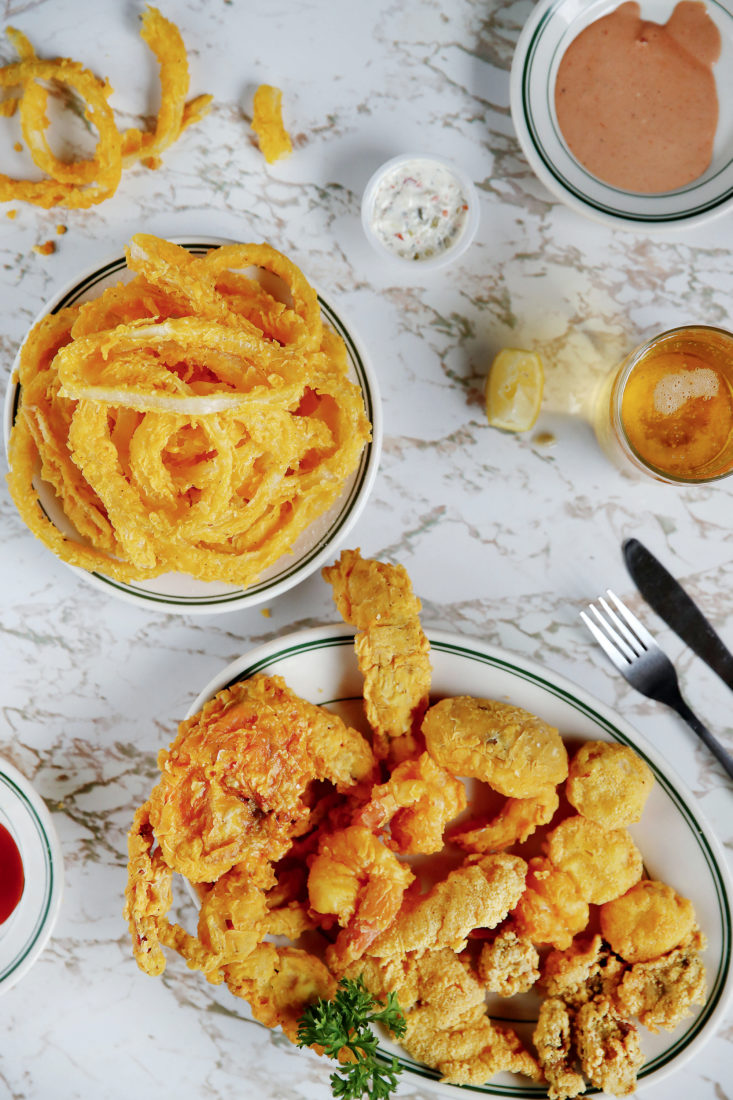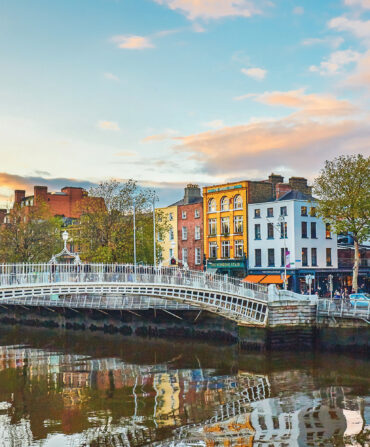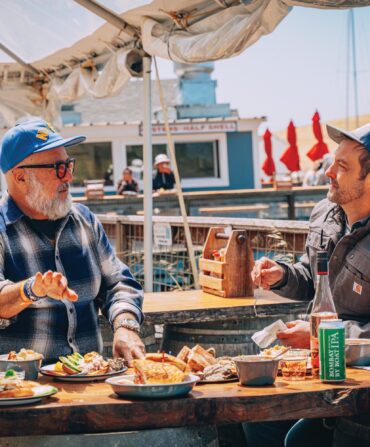Frilled by a lacy crust, the onion rings at Crechale’s Cafe leave the kitchen in a wigwam stack on a white china plate. Shirrell Benton, who has worked at this throwback roadhouse on the outskirts of Jackson, Mississippi, for more than fifty years, moves through the dining room. Bearing an order of those rings and a pair of old-fashioneds, she glides between leatherette booths, past a mounted eight-foot sailfish, beneath an amoeba-shaped drop ceiling backlit by red and green neon. She sways her hips, lifts her chin, and smiles.
Parcooked, battered, and deep-fried, the rings cleave on first bite. Dunked in comeback dressing, that smooth and garlicky Mississippi riff on chunky Thousand Island, they measure up to the pride that Benton projects. They taste, too, of kitchen knowledge, passed down from Lena Mae Ward, whom Paul and Opal Crechale hired when they opened the restaurant with their daughter-in-law Bobbie in 1956, to Mary Thomas and Diane Thomas Marshall, the latest in a family line of mothers and daughters and sisters who have directed the kitchen here since 1967.
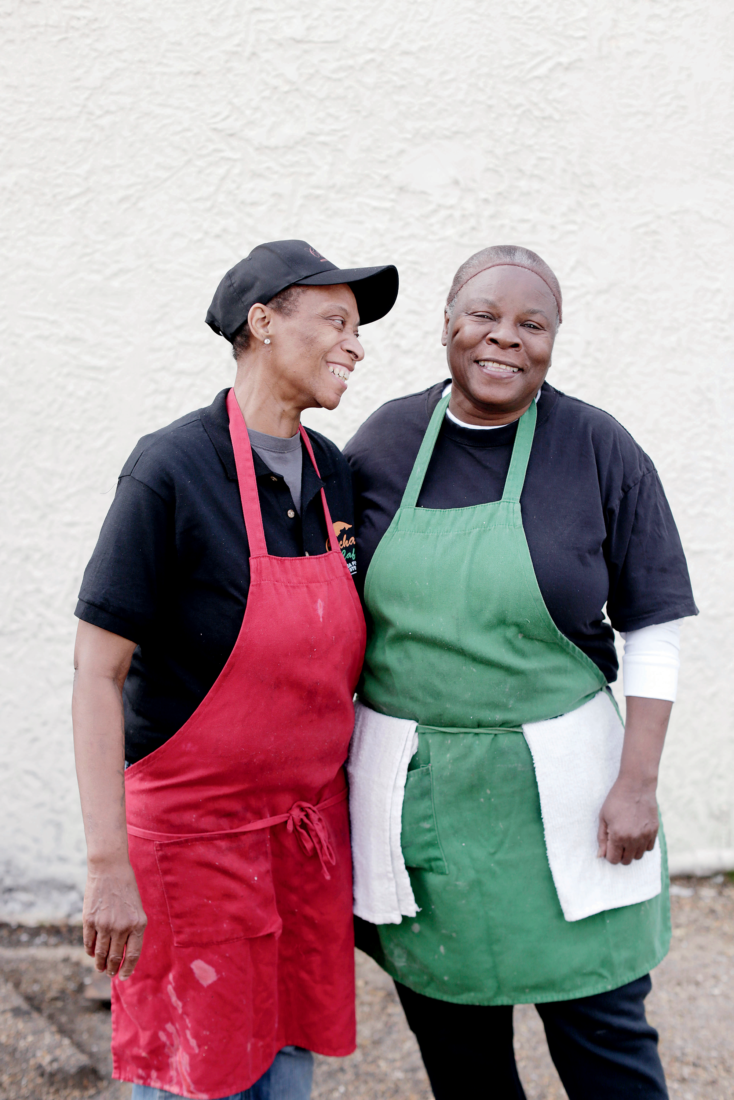
Photo: Marianna Massey
Longtime Crechale’s employees Janet Hunter (left) and Diane Thomas Marshall.
Like many Jackson restaurants, including the Mayflower Café, which has served comeback and crackers and platters of Gulf seafood since 1935, Crechale’s was built by Greek immigrants. When Paul Krichelos, a native of Skopelos in the Aegean, cleared Ellis Island in the early 1900s, he adopted an Americanized name. In succeeding years, he ran restaurants in Tampa and Chicago before eventually taking a job at the Rotisserie Grill here in Jackson.
He opened Crechale’s when Highway 80 was a cross-country thruway that connected Georgia and California. A Ford tractor dealer and a John Deere dealer bracketed the stucco restaurant, with its tile roof and flashing neon sign. Open until one in the morning on Fridays and Saturdays, Crechale’s served as a sort of roadside country club where diners gathered to eat fried snapper, steaks, and stuffed crabs.
The restaurant’s current owner, Bob Crechale, Bobbie’s son, began as a busboy when he was fifteen. Now sixty-three, he bought into the restaurant in his twenties, not long after he finished college. By that time, Shirrell Benton had already been delivering captain’s platters for more than a decade. In later years, her mother joined the crew. Then her twin sister, her two daughters, and two of her nieces. Today, only Shirrell remains. In March of last year, she underwent successful triple bypass heart surgery, and though she planned a long convalescence, by June she had returned to the floor. “I couldn’t sit still,” she told me on a recent visit, before stepping to open the front door for a family of three and wrap them in hugs.
Benton refers to the early years at Crechale’s as the good days. For many in Jackson, a city long defined by black struggle and black art, those days were not altogether good. But Benton can’t help but reminisce about a time when Highway 80 teemed with interstate traffic, downtown Jackson thrived, and Crechale’s opened spinoff locations to satisfy demand.
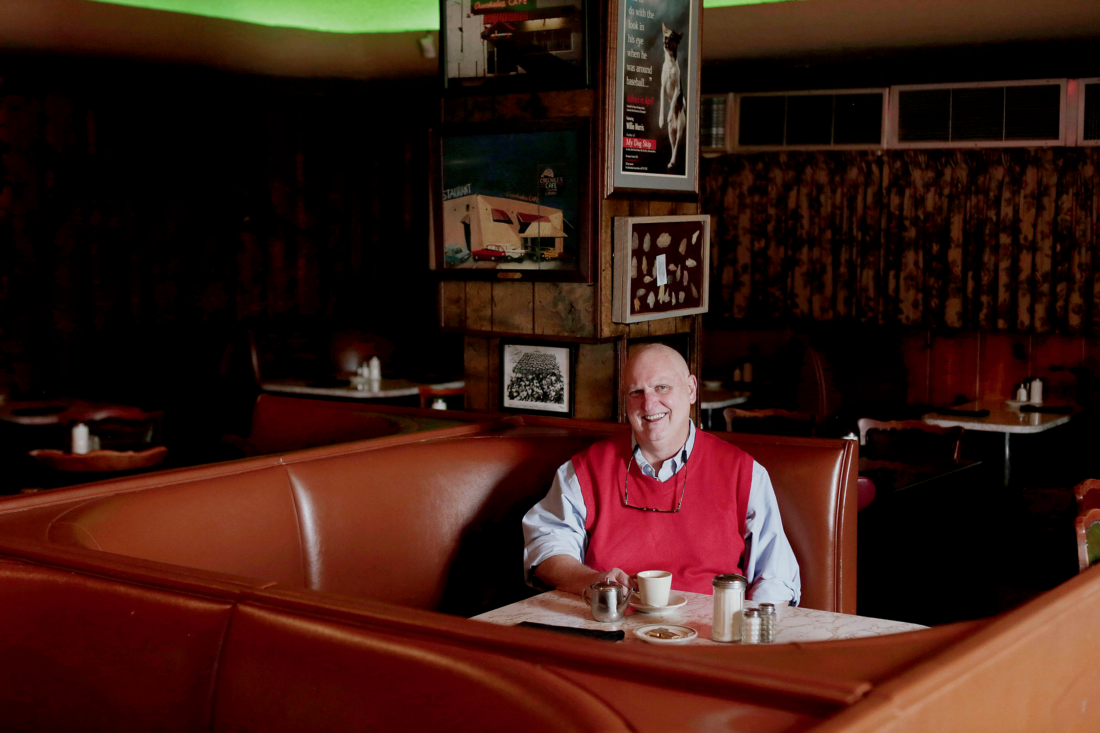
Photo: Marianna Massey
Owner Bob Crechale.
This roadside bunker is what remains of that heyday. Threats, real and metaphorical, crowd the restaurant. A Captain D’s, selling nine-dollar seafood platters, hunkers next door. Across the street, the Country Fisherman packs in families for seventeen-buck weekend buffets of fried fish, shrimp, frog legs, and a dessert bar.
Diners come here to embrace a restaurant that has rejected change. At Crechale’s, that intransigence gets you stiff old-fashioneds in bubble-lip pony glasses. And luscious blue-cheese dressing, served with a thatch of iceberg in a footed bowl. And a jukebox, parked in the back right corner, next to the table where the author Willie Morris used to sit. (The novelist and poet Jim Harrison and friends once ordered the whole menu.) Every time I cross the threshold at Crechale’s, that juke plays “The Wreck of the Edmund Fitzgerald” before I leave.
The continuities nurtured at Crechale’s also get you magnums of white zinfandel, transported from the 1980s. And entrees of stuffed flounder that, unfortunately, taste like they’ve been doused in a bottle of Almaden rescued from the 1970s. But that stubbornness also abets really great seafood, fresh from the Gulf. The fried snapper tastes like a summer walk on the beach smells. The shrimp are briny and sweet. Fried hard, their tails can be eaten like popcorn. After a long stay in a hot oven, the baked potatoes turn creamy in their foil jackets. On the barest pressure from a fork, they gush with butter.
If you’re a regular, you probably don’t use the word stubbornness to describe Crechale’s. You most likely talk about the restaurant’s timelessness. After dining at Crechale’s on two successive nights, I now know there’s much to value out here on the fringe of Jackson, beginning with the cooking of Mary Thomas and Diane Thomas Marshall, whose talent with the fry basket goes far beyond onion rings. And I know what it means to witness the perseverance of Shirrell Benton, who, after more than a half century, says she plans to continue delivering platters of fried snapper and fried oysters and foil-wrapped baked potatoes to regulars (and occasional interlopers) for at least a decade more.


